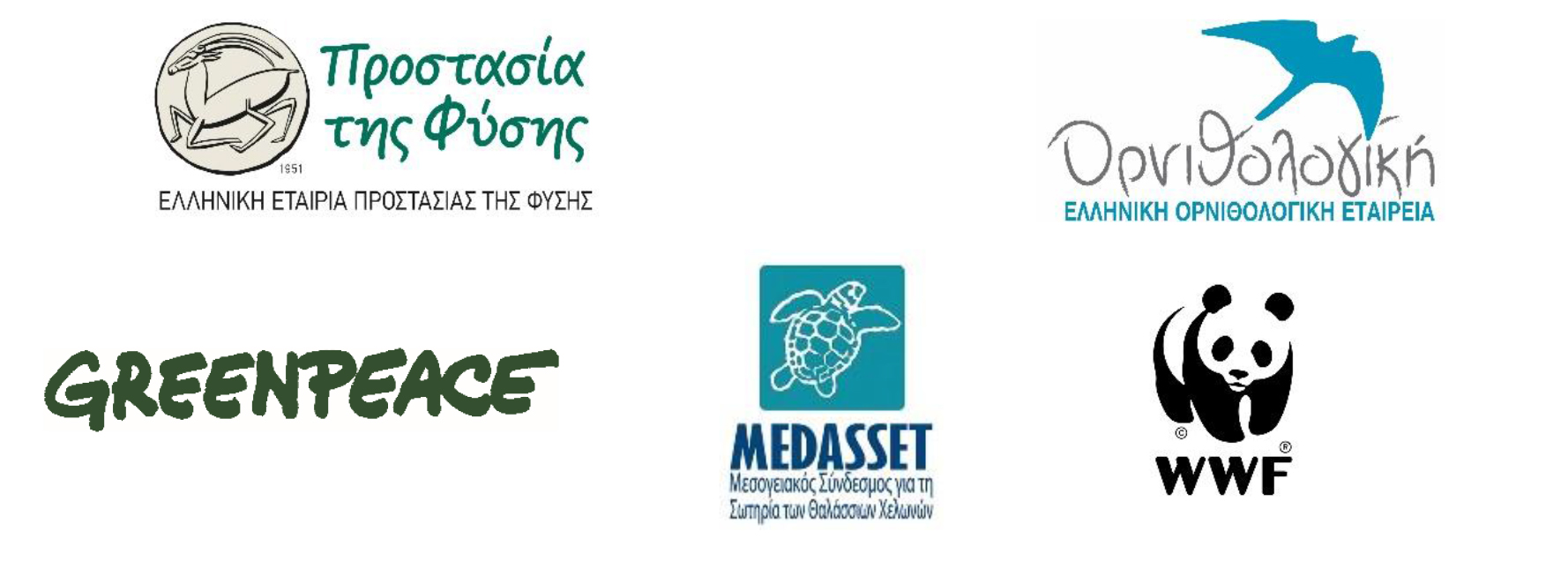Greek environmental organisations, among them HOS/ BirdLife Greece, submitted to the Greek Council of State an application for the annulment of the 2023 environmental approval for the “Alexandroupolis” FSRU. Located within an ecologically sensitive marine protected area, the new LNG terminal blatantly ignores Greek legislation which explicitly forbids the construction of such industrial units within Natura 2000 sites.
Floating Storage and Regasification Units (FSRUs) are regulated under the European Union’s Seveso III directive, given their risk of hazardous accidents (risk of gas leaks, fires, explosions, chemical spills). The “Alexandroupolis” FSRU aims to convert and transport fossil gas to Greece, Bulgaria, Romania, North Macedonia, Serbia and further to Moldova, Ukraine, Hungary and Slovakia. The five environmental groups[1] oppose the installation and operation of the FSRU in the marine protected area of Alexandroupolis on the following reasons:
(a) Despite being an industrial unit which is regulated as hazardous for major accidents involving dangerous substances, the Alexandroupolis FSRU is planned and will operate in its entirety within the Natura site GR1110013 "Thrace Marine Area". Yet, Greece’s Biodiversity Law 3937/2011 explicitly prohibits the establishment of such hazardous industrial units within Natura sites.
(b) No public consultation was carried out during its 2023 environmental permit renewal process, as required by EU law. Hence, public opinion was not formally expressed, while the applicant organisations were not even made aware of the approval procedure of the contested license.
(c) FSRUs are industrial units that handle, at sea, a dangerous chemical: fossil gas. Apart from the fact that fossil fuels are the main cause of the climate crisis and have a serious impact on natural ecosystems, the Alexandroupolis FSRU’s footprint on the marine environment has not been studied in the context of its cumulative impacts in conjunction with other projects planned in the same area. It is noted that a second FSRU is reportedly in the process of being licensed in the same area. This is despite the fact that the Mediterranean seas, in particular the Thracian Sea, are severely affected by the continuous rise in water temperatures. These new conditions were not taken into account during the renewal process, as the original environmental permit was issued in 2013 under completely different ecological and climate conditions.

[1] WWF Greece, Greenpeace Greece, Hellenic Society for the Protection of Nature, Hellenic Ornithological Society – Birdlife Greece, and Mediterranean Association to Save the Sea Turtles (MEDASSET).



